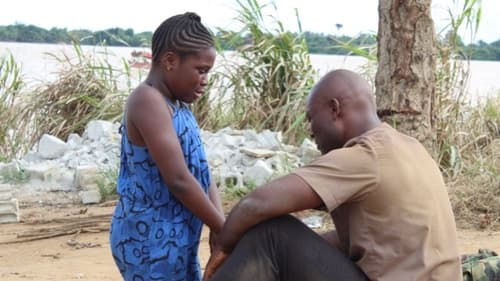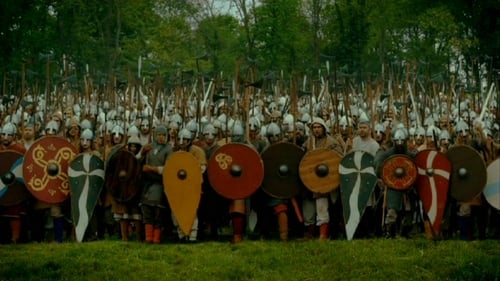
Sound
Mojtaba, Hamzeh, Zar are among other individuals who have been thrown into prison and ideologically interrogated in Iran. In this documentary, the director wants them to interrogate him as agents of the Islamic Republic might. He would like the real torturer in Iran to see himself through the film as if in a mirror. The violent experience of putting themselves in the torturer's head confronts them with their own limits and the ambivalence of the project itself.

Sound
After the brutal massacre of his family in Haiti, Francis Desrances resettles in the Ivory Coast. Years later Francis, his wife Aissey and 12-year-old daughter Haila await the birth of a son, who to Francis' excitement and Haila's irritation is immediately regarded as the worthy heir to the Desrances name. As the birth looms, civil war erupts in Abidjan and amidst the melee Aissey goes missing. Haila courageously steps forward in ways that challenge her father's notion of what constitutes a rightful heir. Cementing her status as a bold voice in contemporary filmmaking, Apolline Traoré's domestic drama escalates into an intense thriller that mounts a passionate challenge to commonly-held gender roles, whilst also highlighting the human cost of civil strife.

Sound Recordist
England, 11th century. William the Conqueror (ca. 1027-1087) wins the Battle of Hastings (1066), changing the shape of medieval Europe and the course of English history. An account of the life of the extraordinary Norman warrior who became king.

Sound
A documentary on the career of famed French clown and filmmaker Pierre Étaix.

Sound
During the shooting of this film, four long interviews were recorded by Thierry Nouel, marking out the different stages of the life and work of the Dutch director. Johan van der Keuken analyzes the relationships between art and reality, morality and the political, gives his conception of exchanges and conflicts between interiority and the outside world. He explains with precision this research which goes at all to the intimate, and which did not progress without rejections and moments of doubt. Shortly before his death, he had reviewed this document and wanted it to be shown as such, in its unedited state.

Original Music Composer
Retratado por Jean-André Fieschi, Jean Rouch nos invita a compartir la filosofía que aprendió del pueblo de los Dogón: “Hacer como si...”. Esta invitación a la fabulación y al disfraz sirve de punto de partida al viaje que nos lleva hasta las orillas del río Níger, donde Rouch filma a sus amigos Damouré y Tallou en La vaca maravillosa, a partir de una idea del difunto Lam, a cuyo espectro pedirán permiso para realizar el film. Un bello retrato del etnógrafo-cineasta, padre del documental moderno, que aprendió a filmar la realidad mientras la inventaba con sus protagonistas.




